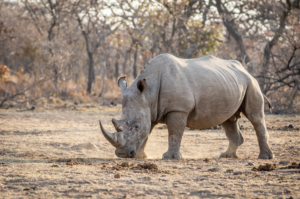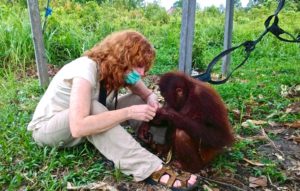
The Problem with Palm Oil (and what you can do about it)
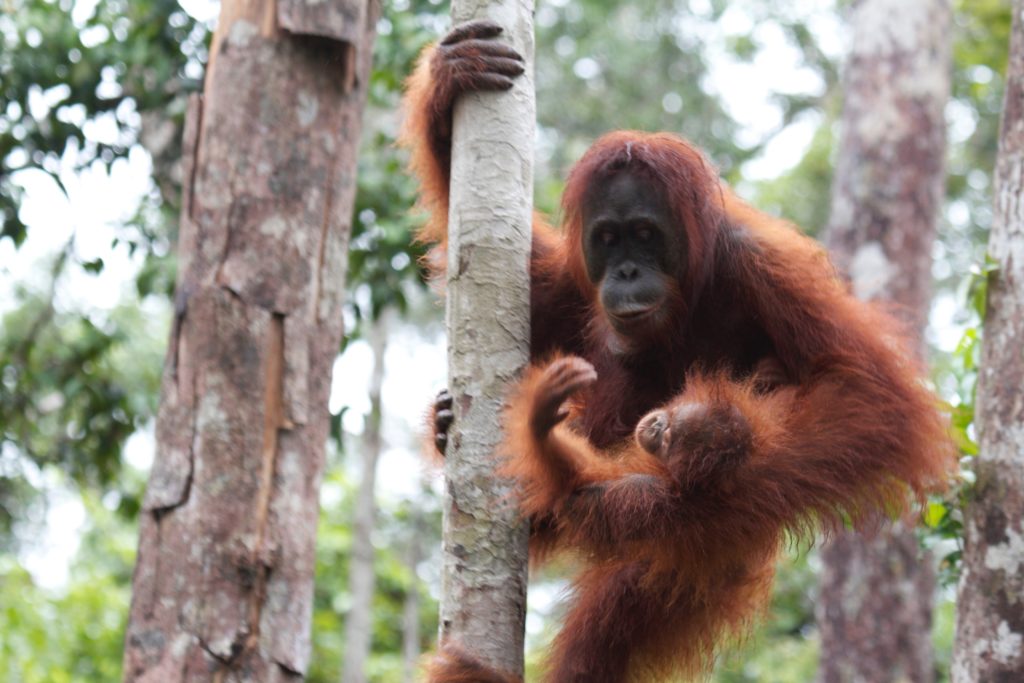
Jim O'Connor
The Problem with Palm Oil
(and what you can do about it)
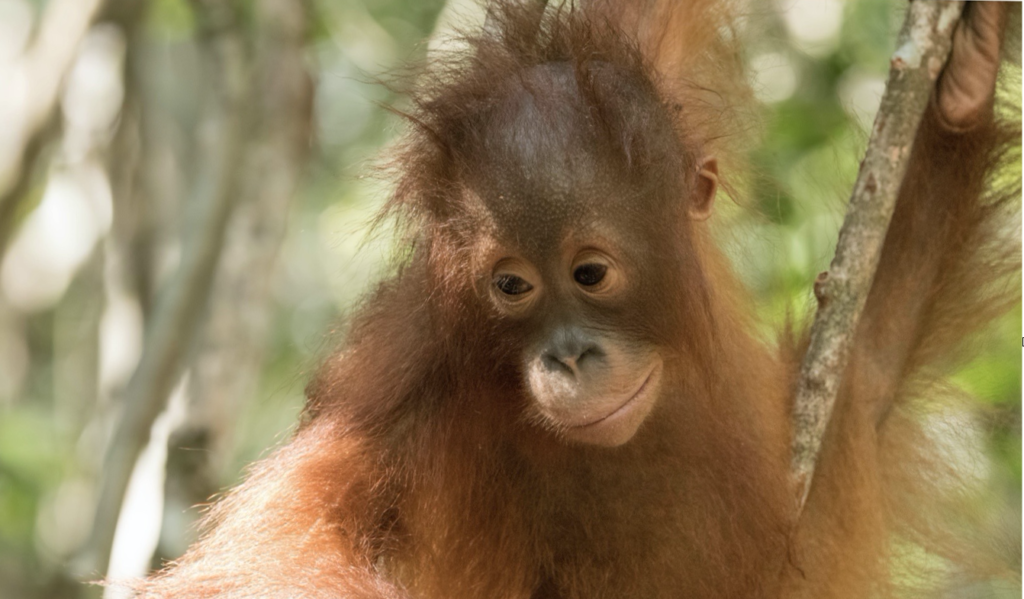
Like me, you may find yourself spending a lot of time in lockdown reflecting on how the Covid-19 pandemic has greatly affected our lives in many ways, including our consumption habits. People being quarantined at home, wondering how they will get their food and household items, has allowed us all time to consider changing parts of our lifestyles. For many people, including myself, this has included reflecting upon the products we are buying and how our role as consumers is hurting the earth that sustains us.
This has led some people to try new ways to cook or experiment with new diets and ingredients. Not only are consumers thinking about how they consume products but also what products they are consuming. One product in particular I have felt compelled to examine in my daily life is palm oil. After a recent medical diagnosis, a close family member of mine has had to change their diet and reduce their intake of fats. As we went through their pantry I noticed palm oil was a source of fat found in many of their groceries.
To my surprise, I found this ingredient in not only food but many other products in my home as well. It was almost shocking to find palm oil in my popcorn, peanut butter, and even my soap. After researching this ingredient, I was shocked and disgusted to find that many of the products I have been purchasing my entire life directly impact our vital rainforests and close animal relatives.
This seemingly innocuous vegetable oil has contributed greatly to the deforestation of Southeast Asia and the destruction of natural habitats of many species such as endangered orangutans and Asian forest elephants.
Vegetable oils are oils extracted from seeds or fruits and are used in many industries such as cooking, packaging, industrial use, and fuel. Palm oil is a vegetable oil grown from the fruit of the African oil palm tree and is the most used vegetable oil in the world.
It is estimated that half of all packaged products in America contain palm oil. Popular products containing palm oil are processed foods such as snacks, cookies, candy, or spreads like Nutella.

Despite palm oil’s popularity, the yield comes at the cost of biodiversity of land and habitats of animals and humans alike. Originating in Africa, its use dates back as far as 3,000 BCE and became a popular export during European colonization of Africa. American and European policies to move towards biofuels, such as the Energy Independence and Security Act of 2007, dramatically increased the production of palm oil.
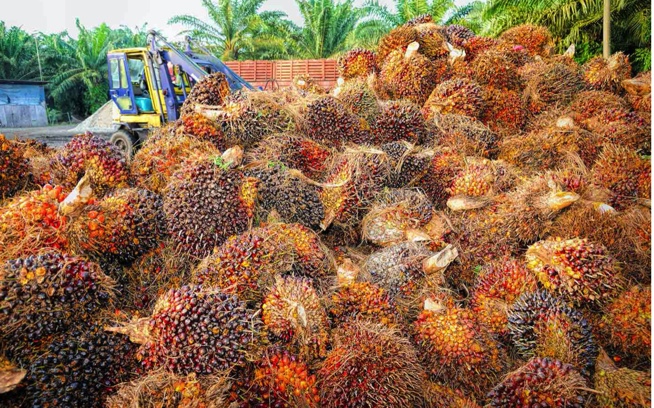
Markets in search of unused land and cheap labor exploited Southeast Asia and other vulnerable rainforests as the location for the production of this invasive monoculture.
Indonesia is now the largest producer of palm oil and due to the amount of pollution created from the production it is also one of the greatest greenhouse gas emitters.
Palm oil’s popularity in Western nations is attributed to its versatility as an additive from anything from cookies to lipstick, its low production costs that replaced more expensive oils, and replacement of less healthy fats in food products.
The islands of Borneo and Sumatra in Southeast Asia are examples of the devastating effects of deforestation and the palm oil industry. Borneo is known for its biodiversity, rainforests, and its positive effect on our atmosphere as a carbon sink.
Borneo was once a sprawling island of rainforests but due to industries such as the palm oil trade, Borneo has lost a third of its forests in just the last three decades. Forests are cleared for palm oil crops mostly through fires which creates massive amounts of pollution and destruction of land. The total number of acres burned in Indonesia in 2019 was 2.12 million acres, the most since the devastating 2015 fires which burned 2.6 mil acres.
Deforestation also leads to the destruction of natural peatland, soil degradation and erosion.
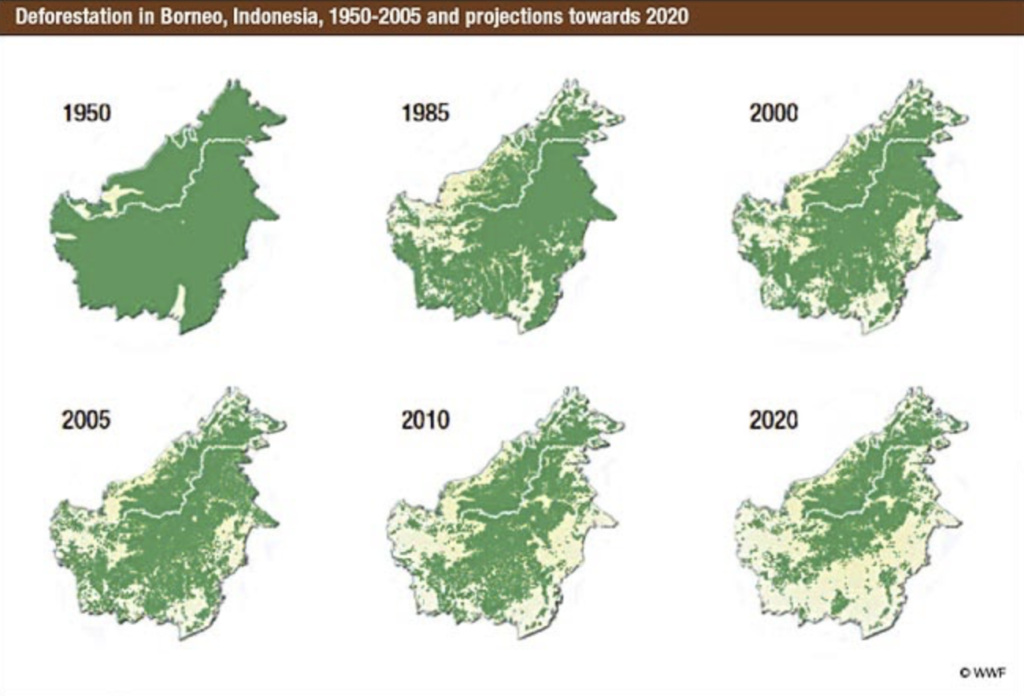
When forests are removed, soil is eroded which leaves the land susceptible to flooding and leaves the land barren. Peatlands are extremely valuable ecosystems that harbor biodiversity, drinking water, food, and help combat carbon emissions.
But when peatlands are destroyed, the carbon they take from the atmosphere is then released and creates large amounts of carbon emissions.
Researching palm oil production will also show you the devastating effects it has on native species such as the orangutan, Sumatran rhino, and flora plant life, some of which cannot be found in any other part of the world and have been found to have beneficial medicinal value.
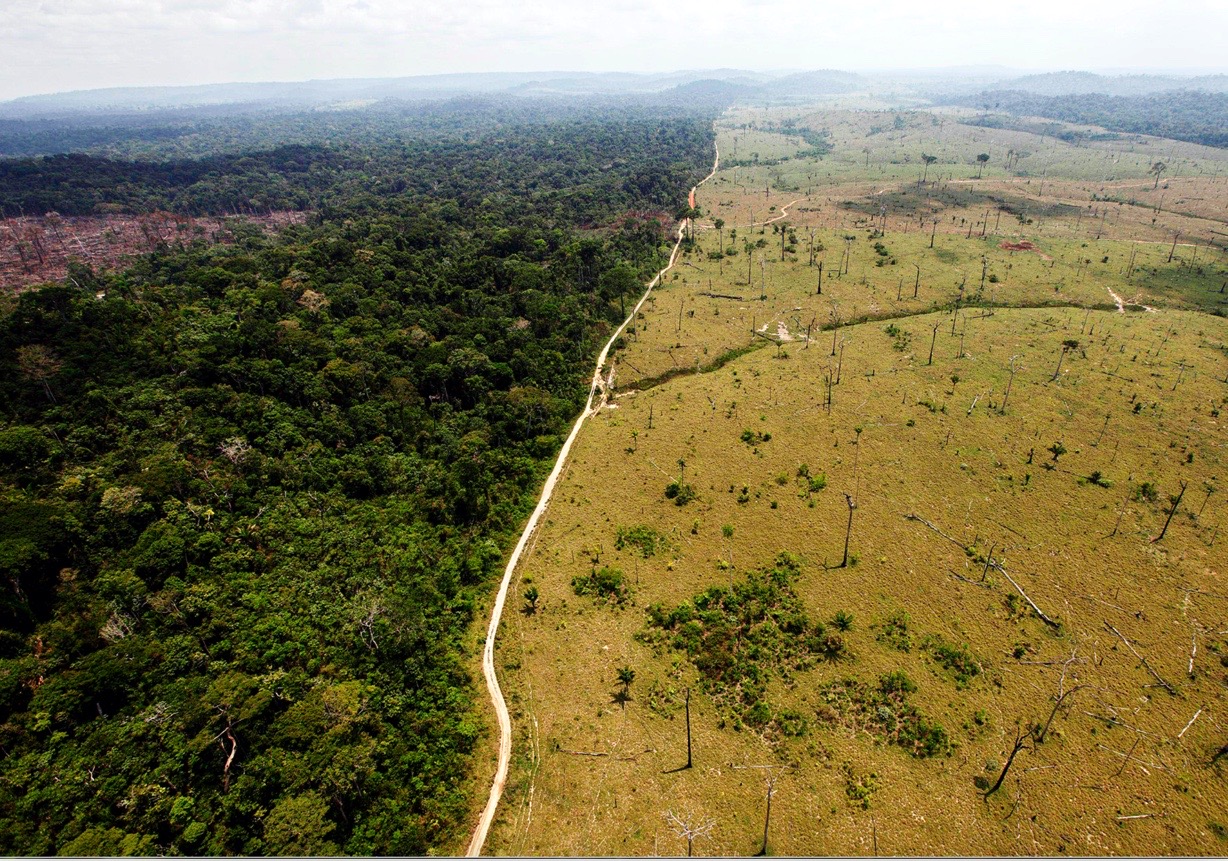
When forests are removed, soil is eroded which leaves the land susceptible to flooding and leaves the land barren. Peatlands are extremely valuable ecosystems that harbor biodiversity, drinking water, food, and help combat carbon emissions.
But when peatlands are destroyed, the carbon they take from the atmosphere is then released and creates large amounts of carbon emissions.
Researching palm oil production will also show you the devastating effects it has on native species such as the orangutan, Sumatran rhino, and flora plant life, some of which cannot be found in any other part of the world and have been found to have beneficial medicinal value.
Orangutans, one of our closest animal relatives, are great apes native to the rainforests of Southeast Asia. Today, you will only find orangutans on the islands of Borneo and Sumatra but increases in palm oil crops have decimated their homes and have caused the deaths of thousands of orangutans. Orangutans spend the entirety of their lives in the trees of the rainforests, but the loss of about 80 percent of their natural habitats in the last 20 years has led to their critical endangerment and tremendous suffering.
The plant life of Borneo is another victim of the palm oil industry. Borneo is estimated to have more than 15,000 plant species, 3,000 tree species, and 1,700 orchid species. Many of these species are found only in Borneo and are crucial for both animals and humans for food and medicinal use. But just like the orangutan, these important plant species are in danger due to this invasive agriculture.

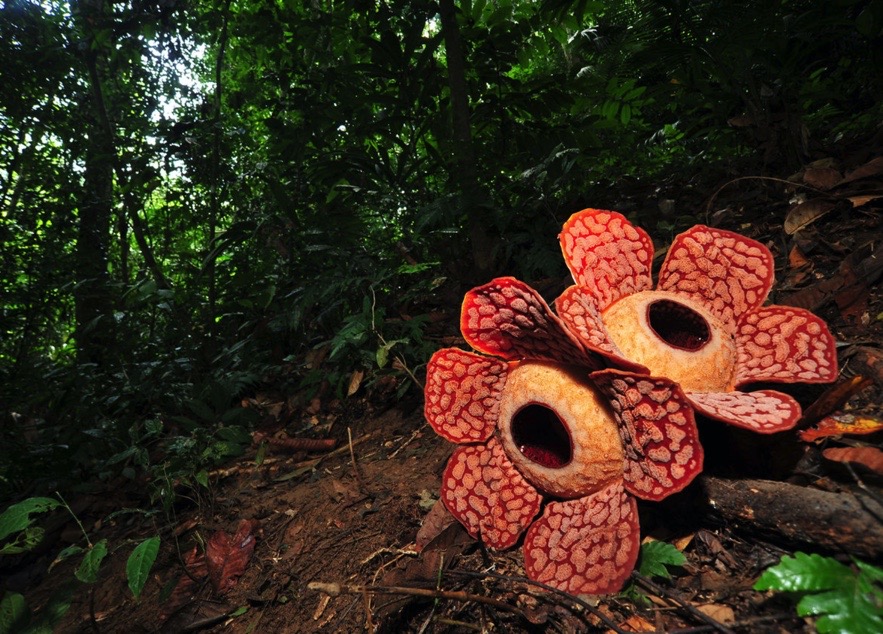
More than ever consumers believe companies should be practicing eco friendly and sustainable operations. But it is ingredients such as palm oil that many people do not realize are detrimental to animal life and biodiversity. Although many products feature palm oil as a key ingredient, it is possible to shop with this awareness in mind.
More than ever consumers believe companies should be practicing eco friendly and sustainable operations. But it is ingredients such as palm oil that many people do not realize are detrimental to animal life and biodiversity. Although many products feature palm oil as a key ingredient, it is possible to shop with this awareness in mind.
Popular products such as Nutella contain palm oil but are easily made at home with recipes found online. These homemade recipes usually replace palm oil with easily found alternatives such as coconut, sunflower, or soybean oil.
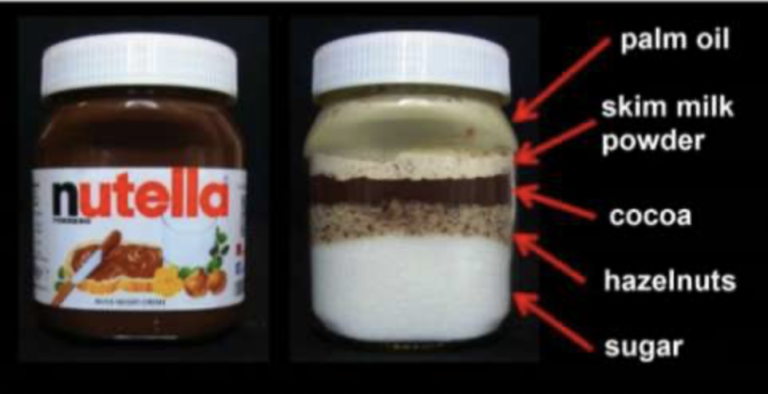
To further reduce palm oil consumption, consumers are encouraged to shop for whole foods such as unpackaged vegetables and fruits rather than processed foods. If possible, shop for soaps or detergents that do not feature palm oil and avoid overindulging in snacks that contain the oil. If you’re not sure if the product contains palm oil, it is easy to search online to find ingredients or alternative products.
Honestly, researching the prevalence of palm oil is daunting and can seem like a hopeless battle. But I feel even worse knowing many species and particularly one of our closest animal relatives is in critical danger.
Orangutans and their homes are destroyed daily for a market that we as consumers participate in. Everyone can contribute with small changes to their habits and making themselves and others aware of the palm oil market.
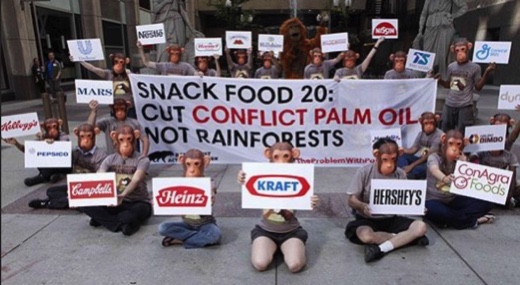
Activism from everyday people can lead to large policy changes such as the European Union’s approval to ban palm oil in biofuels. It may be difficult to live free of palm oil right now but by decreasing demand and participating in petitions or protests, anyone can contribute to a future without palm oil.
U.S. residents can contact the parent company of Nutella, Ferroro Group, at the website below and let them know you don’t approve the use of palm oil in their products: https://www.ferreronorthamerica.com/contact-US-residents
Check out SAFE Worldwide for other suggestions on how to cut down on palm oil and how to make a difference: www.SAFEworldwide.org
For products without palm oil: https://productswithoutpalmoil.com
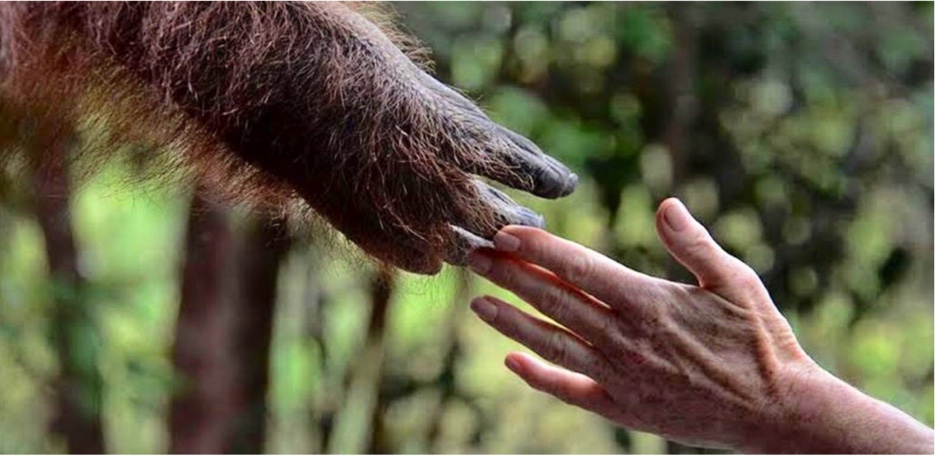
August 10, 2020
Disclaimer: The opinions, beliefs and viewpoints expressed by the various authors and forum participants on this web site are their own and do not necessarily reflect the opinions, beliefs and viewpoints of SAFE Worldwide.

